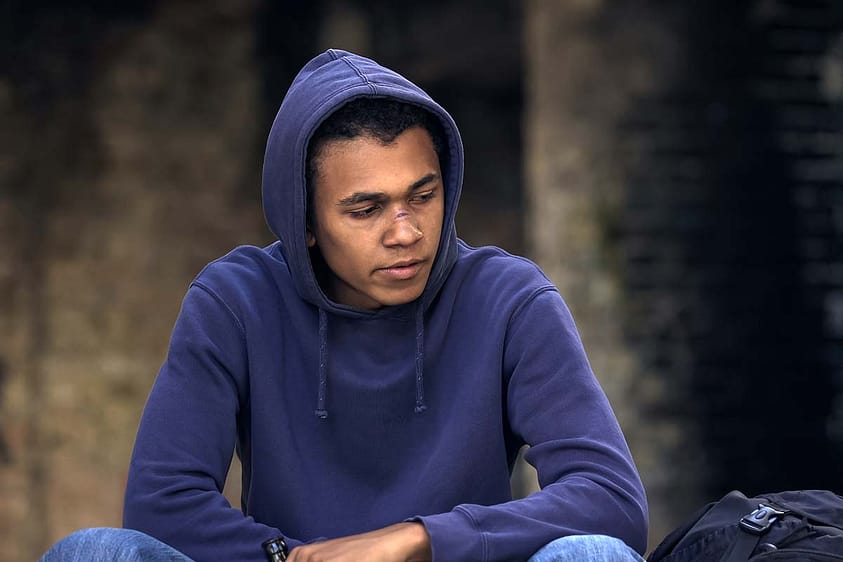Heroin is an opioid drug. It comes from morphine and opium poppy plants that grow in several regions around the world. It is usually available on the black market where dealers sell it illicitly in the United States. Sometimes, it may be white or brown in a powdered form. However, it also sometimes appears as a sticky and black substance, which is why people call it black tar heroin.
Heroin addiction is a severe condition. Heroin itself can lead to overdoses when a person takes too much, which is even more likely if the manufacturers have cut heroin with other drugs, like fentanyl.
How Does Heroin Affect the Body?
When a person uses heroin, the drug binds to the opioid receptors located in the brain. Those receptors may be involved in many functions, such as breathing, controlling the body’s heart rate, feelings of pain or pleasure, and sleeping. Many people begin taking heroin after becoming addicted to prescription opioids.
What Are the Symptoms of Heroin Use?
When a person uses heroin, they are likely to experience some short- and long-term effects.
Short-Term Effects of Heroin Use
In the short-term, they may have side effects such as:
- Clouded thinking
- Losing consciousness or going in and out of consciousness
- A heavy feeling in the limbs
- Dry mouth
- Severe itching
- Nausea and vomiting
- Warm flushing of the skin
Unfortunately, because of how heroin rewires the brain, these effects aren’t enough to prevent someone from using heroin again. As a result, many teens also suffer from the long-term effects of heroin use.
Long-Term Effects of Heroin Use
In the long term, some effects may impact someone who has used heroin as well. They may include:
- Insomnia
- Lung problems
- Depression
- Sexual dysfunction
- Abscesses
- Damaged tissues in the nose, if the drug has been snorted
- Collapsed veins, if the drug is injected
- Kidney disease
- Liver disease
There are many other potential effects. There is also a risk of spreading diseases through needle sharing, so someone who uses heroin regularly by injection may develop HIV/AIDs or other bloodborne illnesses.
How Can You Recognize the Signs of a Heroin Overdose?
A heroin overdose is a life-threatening emergency. A person who has overdosed on heroin has suppressed their breathing and depressed their nervous system. They need to have medication, usually Narcan, as soon as possible to reverse the effects of opioids.
Opioid overdoses cause hypoxia, which means that the body and brain are not getting enough oxygen. In severe cases, a lack of oxygen for too long could lead to brain damage and damage to the organs. Without treatment, an overdose can lead to death.
Using Narcan reverses the effects of opioids almost immediately. The drug works rapidly to bind to the opioid receptors. It is available as a handheld auto-injector, nasal spray, and injectable solution. So, if you think that someone you care about is misusing opioids or is abusing heroin, having this drug on-hand could help save their life in the future.
Get Treatment at Foothills at Red Oak
Foothills at Red Oak treats heroin addiction with evidence-based treatment therapies such as cognitive-behavioral therapy or using medications like methadone or buprenorphine.
At Foothills at Red Oak Recovery, we focus on helping adolescents get the support they need to overcome drug or alcohol addiction. Our holistic wellness program can help with heroin withdrawal symptoms. Heroin addiction treatment is available that can minimize the risk of withdrawal symptoms while also reducing the chances of an overdose that could be life-threatening.
If a young teen between the ages of 14 and 17 needs our help, we’re here for them. Call us today at 866.300.5275 to learn more about our treatment programs and how they can help your child or loved one stay sober.





